Pros And Cons Of Being VAT Registered
Published Tuesday, 25th January 2022
When starting a new company, you will eventually face all of the inevitable legalities, such as your VAT registration. In 2022, all UK based companies with a turnover of £85,000 or more per year are required to be VAT registered. However, plenty of small businesses choose to register voluntarily for VAT before their income reaches the compulsory limit. You might ask yourself - why would somebody pay a tax when they don’t have to? As it turns out, there are two main benefits for being VAT registered, and in some cases, they outweigh the disadvantages.
VAT Explained
VAT stands for ‘’value-added tax’’ and was introduced in the UK in 1973. It is a consumption tax that is applied to the purchase price of certain goods, services and supplies that are bought and sold within the UK. When your company is VAT registered, you are required to add the VAT rate to all products and services that you are providing. There are three VAT rates: the standard rate (20%) which applies to most goods and services sold, the reduced rate (5%) which applies to energy providers and goods such as children’s car seats, and zero rate which applies to most food and children’s clothes. You can check current VAT rates here.
So if you are a small business, how can you benefit from being VAT registered?
1. Having A VAT Registration Number Improves Your Business Image
Your company can benefit greatly from having a VAT registration number displayed on all of your documents, website, and stationery. Not only will this seem more professional and credible in the eyes of potential customers, it can also help while dealing with other businesses and suppliers. It’s worth noting that some businesses prefer, or require, for you to raise a valid VAT invoice.
2. You Can Claim VAT Refunds
You will be eligible to reclaim any VAT that you have been charged while acquiring goods and services for your business. This includes equipment, machinery, IT, petrol and certain types of accommodation. This is known as ‘input tax’, which can sometimes end up being more than the ‘output tax’ (VAT that you collect from your customers). When this happens, you will be eligible to collect the difference from HMRC, and save money in the process.
What’s more, when you become VAT registered, you might be able to claim back VAT from the past 4 years for all the items that you are still using. However, this requires you to have VAT invoices and records for that period.
What Are The Cons Of Being VAT Registered?
Everything has a downside, and being voluntarily registered for VAT when you're not yet required to is no different. In a situation when your ‘output tax’ is more than your ‘input tax’ you will end up paying more to HMRC.
As a VAT registered company, you are required to keep accurate records and submit regular VAT returns. This means increasing admin and bookkeeping costs, or more workload for you.
If your business mainly comes from individual clients, rather than VAT registered businesses, your prices will appear 20% more expensive to them and might not be within your customer’s budget.
Summary
Being VAT registered when your turnover is below the required threshold can be beneficial to your small business. However, it is important to weigh up the pros and cons carefully against your current situation and consult professionals if you are unsure.
Free to use for customers and trades.
No contracts, no catches, no fuss.
Cookie policy



